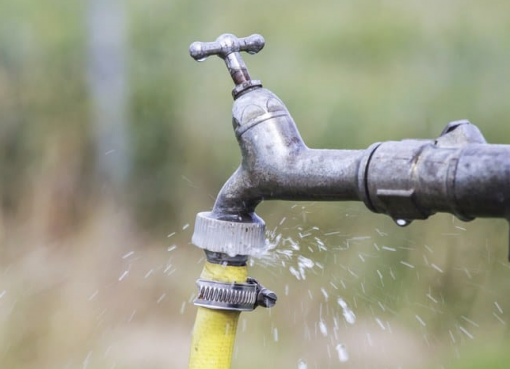The Railways Training Institute (RTI) Marine School in Kisumu has launched a range of specialized training programs aimed at building a skilled workforce for Kenya’s growing maritime sector, as the country ramps up efforts to tap into the vast potential of the blue economy.
Located at the Kisumu Port and operating as a constituent campus of RTI Nairobi, the Marine School is strategically positioned to support the region’s maritime logistics and economic activity.
Among the key programs are the Standards of Training, Certification, and Watchkeeping for Seafarers (STCW), Coxswain Level 3,2 and 1 and other marine certification courses examined by the Kenya Maritime Authority (KMA).
The courses have been designed to equip trainees with technical competencies required in the dynamic marine industry.
The school also offers a broad curriculum including Maritime Transport and Logistics, Road Transport Management, Nautical Science, Marine Engineering, Information and Communication Technology (ICT), Supply Chain Management, and Business Management.
Available at both certificate and diploma levels, the courses are examined by the Kenya National Examinations Council (KNEC).
In addition to its maritime courses, the institution also runs railway-focused programs such as Railway Track Construction and Maintenance, Locomotive Driving, Railway Signaling Technician Training, and Railway Electrical Installation and Maintenance.
Speaking during an interview at the Kisumu campus, Kenya Railways Managing Director Philip Mainga said the institution currently trains about 200 students annually but has the capacity to accommodate up to 2,000.
Expansion plans, he noted, were underway to extend the reach of the programs across the East African Community (EAC).
“This institution was not established to serve Kenya alone, but the entire East African region. That is why we are working to roll out more programs that align with the broader blue economy agenda,” said Mainga.
He confirmed that students from South Sudan, Uganda, Burundi, and the Democratic Republic of Congo (DRC) have already enrolled, and the school is ready to welcome more learners from across the region.

“This campus can host 2,000 students per year, while our Nairobi campus accommodates up to 8,000. Combined, we have the capacity to train 10,000 students annually,” he said.
Mainga pointed to the rising demand for specialized maritime training including STCW, deep-sea diving, Coxswain courses, and Marine Engineering and assured that the school was fully equipped with modern facilities to offer globally competitive education.
“We have the infrastructure and technical capacity to deliver quality training. Nothing stands in our way as we expand to meet the growing demand,” he emphasized.
Kenya Railways, he said, aims to make the Marine School a regional center of excellence for maritime education as the corporation repositions itself to play a leading role in marine logistics on Lake Victoria.
Mainga called on county governments and businesses operating within the Lake Victoria basin to take advantage of the institution’s offerings by sponsoring students to enroll for the programs.
By Chris Mahandara




